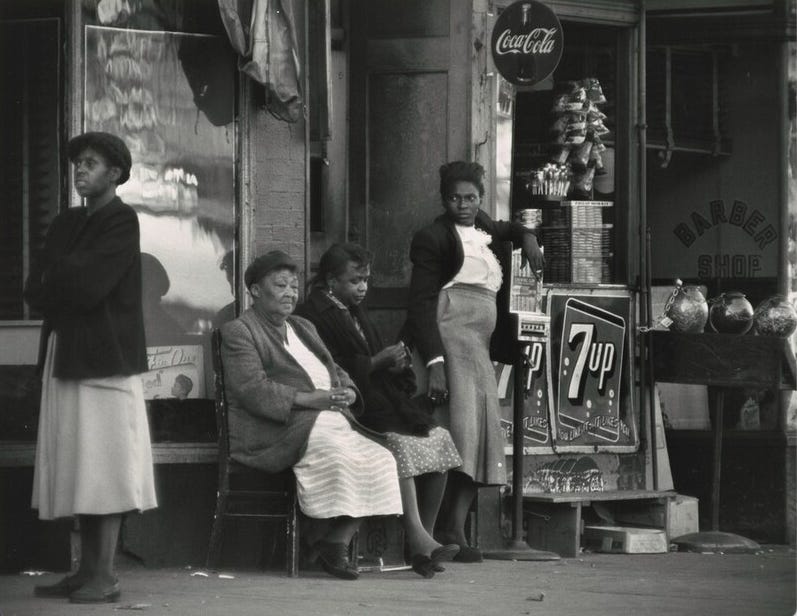When my wife, Holly, and I were in our doctoral programs in Scotland we lived in old “council housing.” It was an apartment complex built by the government for the low income population to help them work toward ownership. By the time we lived there, we were renting from a chain smoking elderly English woman who clearly thought antagonism was the foundation of landlord-tenant relationship. We did our best to keep her happy because the rent was the most affordable we could find.
Very early one Sunday morning we were woken up by a ruckus in the stairwell outside our front door. I opened the door to see a woman standing one flight higher than me. She’d clearly been partying. I said, “it’s really early, could you all keep it down? We’re trying to sleep.” Without skipping a beat, she responded, “you better run; he’s coming for you.”
Just as I was processing the oddity of her response I saw a monster of a man barreling down the stairs at me. I jumped back into our apartment, but before I could latch the door, he’d thrown his body against it. With every drop of adrenaline I had, I pushed back. To and fro we swung the door as we gained and loss ground to each other in the push-o-war. He finally gave up (he was drunk) and we called the police.
I didn’t know how we were going to interact with our neighbors after that. It was an intolerable situation.
Jesus commands us to love our neighbors as ourselves. But how does you love a neighbor that wants to assault you?
I’ve often seen churches use “love God, love people” as a slogan. To say that we’re to “love people” seems like a reasonable gloss of “love your neighbor.” All neighbors are people. And, as Christians with a missionary impulse, we generally think all people are neighbors—even the ones that live half way across the world.
But it’s important to remember that Jesus said “neighbor” not “people.” I think if we’re honest with ourselves, it’s easy to say we love “people”—the masses of the global population that we know, objectively, God also loves. However, it’s a different matter to love the drunk and violent neighbor making noise early in the morning while you’re trying to sleep. Humanity is so lovable, but individual humans are emphatically intolerable.
Jesus knew all of this, which is why I think he insisted on the word “neighbor.” He won’t let us off the hook when we have a toxic neighbor. We can’t be indifferent (however annoyed) with the loud music-playing party animal who smokes cigarettes right outside our bedroom window. We’re called to figure out what it means to love our actual neighbor. It’s not easy, but that’s the ask Jesus makes of us.
There’s no way of downplaying the enormity of this calling. But seen from a different angle, I think Jesus’s command is also freeing. When we reduce all of humanity to our collective neighbor, we can easily (and reasonably) get overwhelmed by the task of love. How are we supposed to meaningfully love people in a middle eastern or Congolese war zone? There might be a few things we can do. But the distance we endure from those crises can cripple us with anxiety.
Jesus invites us to abandon anxiety for all of humanity and take up intentional love for the person who lives right next door to us.
That’s actually the easier yoke.
Unrelatedly:
If you haven’t already, get a copy of my Resurrecting Worship: A Pentecostal Liturgy for Slow Burn Revival.
Here’s what Dr. Mike Rakes, President of Evangel University says about it:
“Joseph’s commitment to scholarship and Pentecostal worship redefined is clear in his writing. Drawing from his work in Iowa, he masterfully weaves in the experiences there and offers considerations for the broader church. In our tradition, there is a broad spectrum of expressions, and he unpacks thoughtful insights that are sincere and reveal his dedication to leading an authentic Spirit-filled community at the grass roots. His treatment of Pentecostal worship is both insightful and gracious. By emphasizing the centrality of Scripture, the significance of prophetic preaching, and the role of communal worship, he offers a perspective on worship that will deepen the readers knowledge of ecclesiology—all intended to strengthen the local church.”









